Let's commence with a couple more Milds: William Younger 80/- and 100/-. And see how they match up with similar London Milds.
| Date | Year | Brewer | Beer | Style | OG | FG | ABV | App. Attenuation | lbs hops/ qtr | hops lb/brl | boil time (hours) | boil time (hours) | boil time (hours) | Pitch temp | max. fermentation temp |
| 24th Dec | 1831 | Truman | XX Ale | Mild | 1083.1 | 1030.5 | 6.96 | 63.33% | 6 | 2.63 | 59 | 77 | |||
| 1st Dec | 1831 | Truman | XXX Ale | Mild | 1086.4 | 1016.6 | 9.23 | 80.77% | 8 | 4.00 | 62 | ||||
| 3rd Sep | 1839 | Barclay Perkins | XX | Mild | 1087.3 | 1015.5 | 9.49 | 82.24% | 9.00 | 4.08 | 2.5 | 58 | 76 | ||
| 19th Sep | 1839 | Barclay Perkins | XX | Mild | 1087.5 | 1015.5 | 9.53 | 82.29% | 8.89 | 4.03 | 3 | 58 | 77 | ||
| 25th Jul | 1839 | Barclay Perkins | XX | Mild | 1088.6 | 1015.0 | 9.74 | 83.08% | 9.10 | 4.21 | 3.75 | 58 | 76.5 | ||
| 26th Dec | 1831 | Truman | XXX Ale | Mild | 1088.6 | 1033.8 | 7.26 | 61.87% | 7 | 3.54 | 58.5 | 75 | |||
| 27th Feb | 1837 | Whitbread | XX | Mild | 1088.9 | 1033.2 | 7.37 | 62.62% | 6.11 | 2.38 | 2 | 2 | 3 | 59 | 72 |
| 15th Mar | 1837 | Whitbread | XX | Mild | 1091.4 | 1035.5 | 7.40 | 61.21% | 6.05 | 2.35 | 2 | 2 | 3 | 59 | 74 |
| 27th Feb | 1832 | Truman | XXX Ale | Mild | 1097.0 | 6 | 5.13 | 58.5 | 70 | ||||||
| average | 1088.8 | 1024.4 | 7.35 | 3.59 | 2.7 | 2.0 | 3.0 | 58.9 | 74.7 | ||||||
| 9th Apr | 1832 | Younger, Wm. & Co | 100/- | Mild | 1093.0 | 11.86 | 6.60 | 1 | 53 | 70 | |||||
| difference | 4.51 | 3.01 | -1.65 | -2.00 | -3.00 | -5.89 | -4.69 | ||||||||
| 27th Dec | 1831 | Younger, Wm. & Co | 80/- | Mild | 1094 | 3.73 | 1.93 | 1.25 | 50 | 70 | |||||
| difference | -3.62 | -1.66 | -1.40 | -8.89 | -4.69 | ||||||||||
| Sources: | |||||||||||||||
| Whitbread brewing book held at the London Metropolitan Archives, document number LMA/4453/D/01/001 | |||||||||||||||
| Barclay Perkins brewing book held at the London Metropolitan Archives, document number ACC/2305/1/550 | |||||||||||||||
| William Younger brewing book held at the Scottish Brewing Archive, document WY/6/1/2/1 | |||||||||||||||
| Truman brewing book held at the London Metropolitan Archives, document number B/THB/C/115 | |||||||||||||||
I'm sure that you can remember my principal areas of interest.But,. in case you memory is as poor as mine, I'll repeat them: hopping rate, boil time and fermentation temperature.
I'm not sure these numbers reveal anything much about hopping, The two Younger's beers occupy opposite coasts of the hopping island. Their 100/- has 50% more hops than any of the English beers. While their 80/- has almost 50% less than the average of the English beers. Nothing much more I can say about that. Except this: Scottish beers weren't always less heavily hopped than equivalent English beers.
Boil times is where the standard Scottish beer bullshit totally falls down. All the English beers had much longer boils. Mostly more than an hour longer. Now here's something I feel confident in saying: Scottish boil times in the 1830's were much shorter than in England.
The fermentation temperatures show a similar pattern to those in the last post. The pitching temperature and maximum fermentation temperature were lower at William Younger than in London. But not not the 10º F that is claimed. Pitching temperatures were 5º to 8º F cooler and maximum temperatures around 5º F. The evidence suggests: in the 1830's Scottish beers were fermented cooler, on average around 5º F.
This is going well, isn't it? Evidence, arguments and then conclusions. It's almost like proper writing. As opposed to my usual anarchic mix of number, insults and bad jokes. Best hurry along with the next table.
| Date | Year | Brewer | Beer | Style | OG | FG | ABV | App. Attenuation | lbs hops/ qtr | hops lb/brl | boil time (hours) | boil time (hours) | boil time (hours) | Pitch temp | max. fermentation temp |
| 11th Nov | 1836 | Whitbread | XXX | Mild | 1102.8 | 1036.0 | 8.83 | 64.96% | 6.09 | 2.80 | 2 | 2 | 3.5 | 62.5 | 74.5 |
| 19th Aug | 1839 | Barclay Perkins | XXX | Mild | 1104.4 | 1018.3 | 11.39 | 82.48% | 8.58 | 5.31 | 4 | 58 | 77 | ||
| 3rd Aug | 1839 | Barclay Perkins | XXX | Mild | 1104.4 | 1017.6 | 11.49 | 83.15% | 8.17 | 4.93 | 3.25 | 58.5 | 77 | ||
| 27th Feb | 1832 | Truman | XXXX Ale | Mild | 1113.6 | 8 | 4.32 | 59 | 67 | ||||||
| 23rd Dec | 1836 | Whitbread | XXXX | Mild | 1114.7 | 1039.3 | 9.97 | 65.70% | 7.00 | 3.64 | 2.17 | 2 | 2.5 | 60 | 73 |
| average | 1105.6 | 1027.8 | 7.57 | 4.20 | 2.9 | 2.0 | 3.0 | 59.6 | 73.7 | ||||||
| 27th Jan | 1832 | Younger, Wm. & Co | 84/- | Mild | 1101 | 4.40 | 2.24 | 1 | 55 | 70 | |||||
| difference | -3.16 | -1.96 | -1.85 | -2.00 | -3.00 | -4.60 | -3.70 | ||||||||
| 26th Dec | 1831 | Younger, Wm. & Co | 100/- | Mild | 1108 | 3.73 | 2.00 | 1.25 | 51 | 70 | |||||
| difference | -3.84 | -2.20 | -1.60 | -8.60 | -3.70 | ||||||||||
| Sources: | |||||||||||||||
| Whitbread brewing book held at the London Metropolitan Archives, document number LMA/4453/D/01/001 | |||||||||||||||
| Barclay Perkins brewing book held at the London Metropolitan Archives, document number ACC/2305/1/550 | |||||||||||||||
| William Younger brewing book held at the Scottish Brewing Archive, document WY/6/1/2/1 | |||||||||||||||
| Truman brewing book held at the London Metropolitan Archives, document number B/THB/C/115 | |||||||||||||||
More blether. The story is much the same in this table. The Scottish beers are less heavily hopped, managing only about half the average of the English beers. The Scottish examples also have fewer worts and much shorter boil times. The Scottish pitching and fermentation temperatures are around 5º F cooler.
This really is taking longer than expected. Next time we'll be looking at Stock Ales from the 1830's. Cheerie-bye the noo.


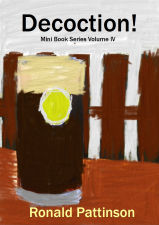



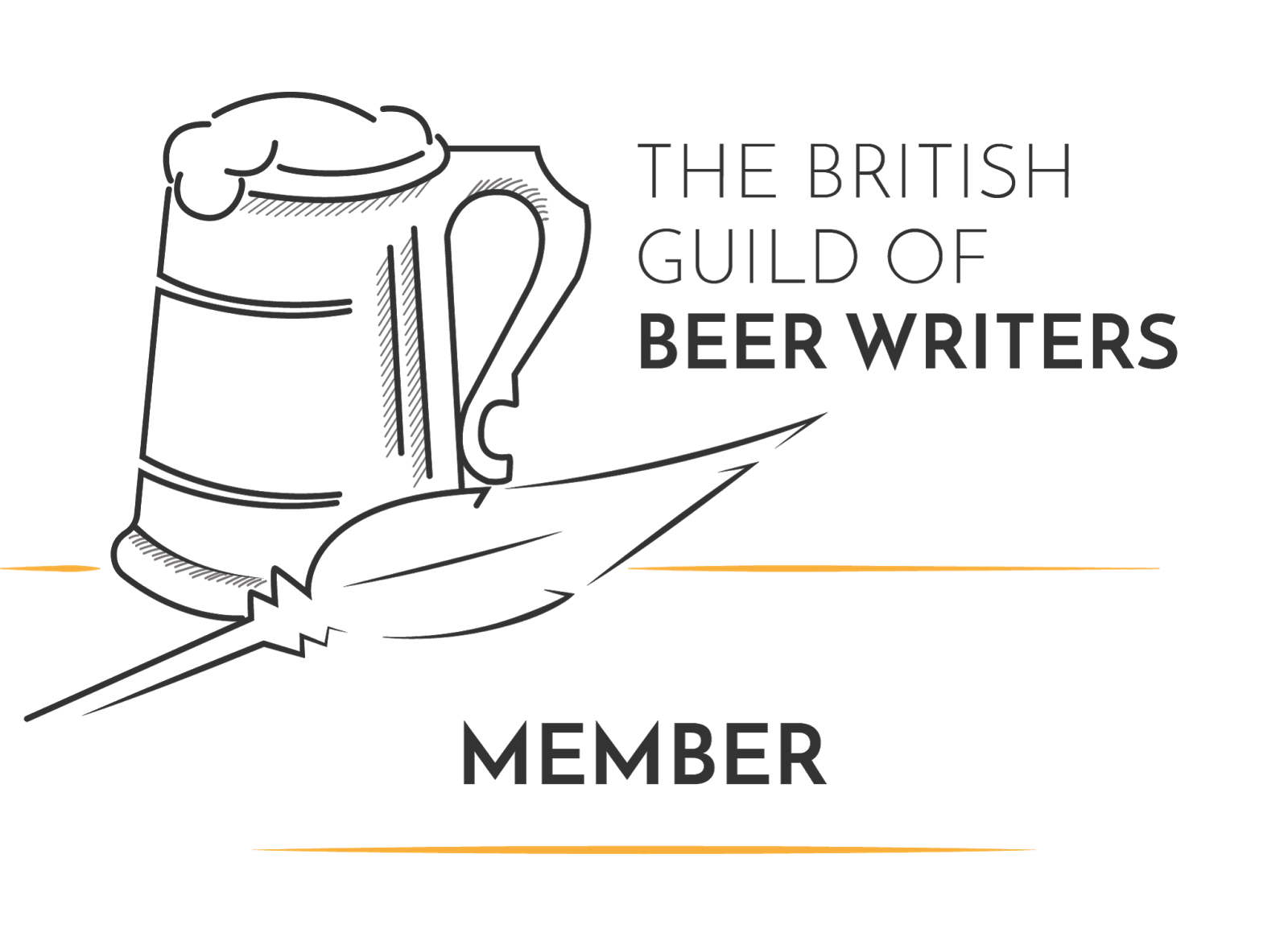









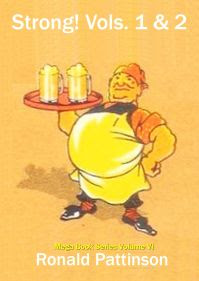


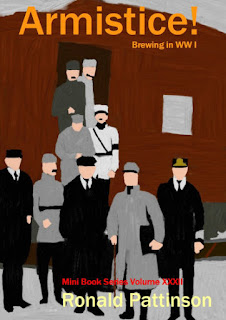








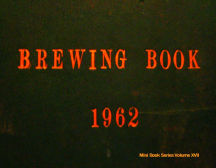
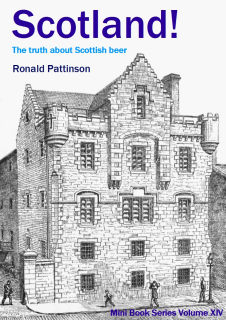
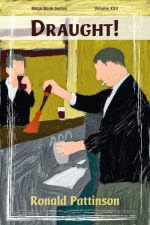

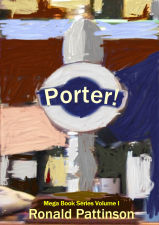







































1 comment:
>That's where I'm going. Why would Guinness bother with roast barley? ........ And it could only make up 5 or 10% of the grist.
Why only 5 to 10% ?.
In the country I have to brew we had taxes on imported malt up to 267 per cent. Local malt is crap and has the same price as the imported plus taxes.
I decided to brew with raw barley. Started with 5 per cent (as the brewing books say) and end up with 92 per cent (no extra enzymes added).
The result was a very interesting beer with lots of betaglucans and an amazing foam (better than nitrogenated). Sent the beer to the 2008 WBC and was qualified as excellent by a judge (no medal though).
The problem was filtration, but found a way to decant the mash and take the wort from the top (quite easy).
At the brewing school a teacher told us some time ago that Guinness mash in old times was filtrated during 24 hours. I supposed they used lots of raw barley. If not, why 24 hours ?
When using raw barley it helps a lot to roast it a bit to avoid the grassy flavour and, for whatever reason, it filters better. Roasted a bit, like Munich malt.
Another problem is the amount of extract you get out of your raw barley, it is not a lot.
But having malted by myself crap barley, by crap I mean barley not intended for brewing, and I think most barley in ancient times was crap for brewing, I did not get much extract.
Yeast was not pure, and if it is not pure, you get lots of micro organism that have lots of different enzymes. I think some Belgian beer historians call "adding a microbacterial basket", or something similar, to a wort that did not star fermenting. These enzymes help conversion a lot.
Just put your barley in a humid place close to some specific plants and you will get the micro organisms of those plants (same as cheese making).
As a brewer who had to find good barley in a country with ancient agricultural procedures and malt it to brew beer, found that it is easier to use big amounts of raw barley than malt all of it ... at least here.
Cheers y salud !
Boris de Mesones
Post a Comment